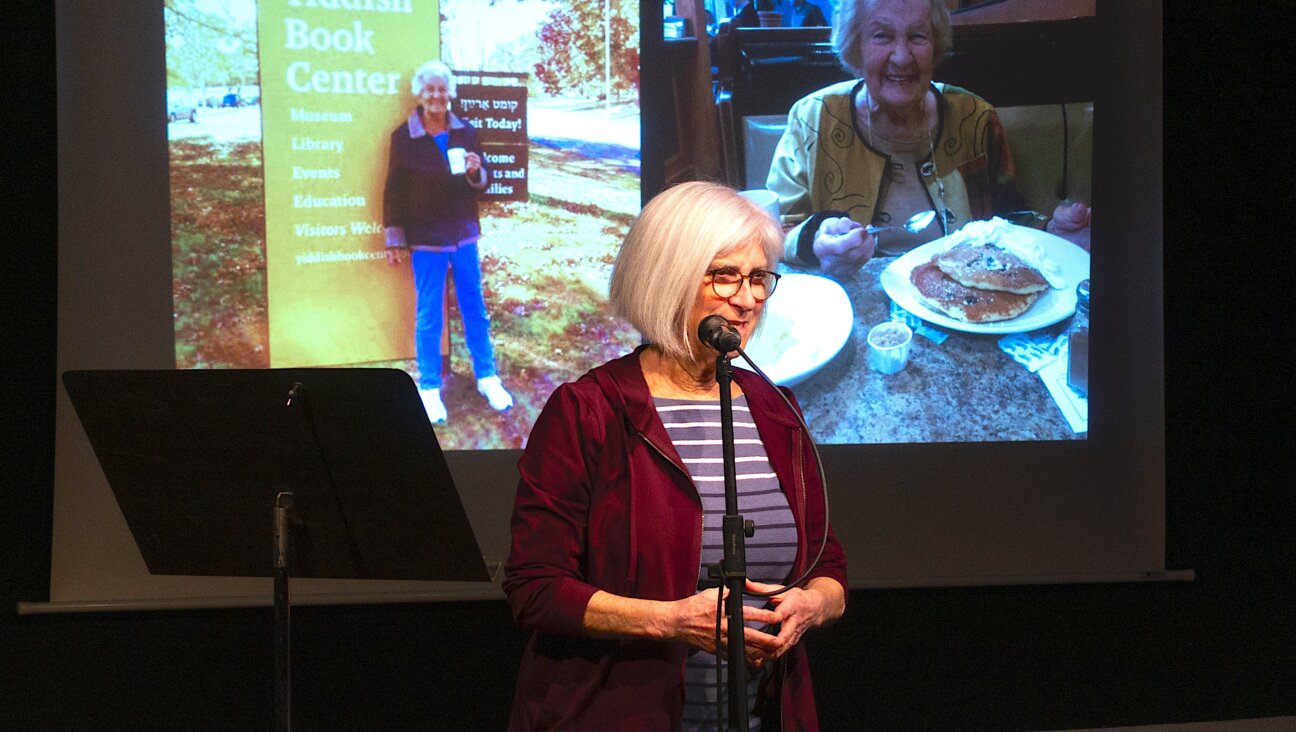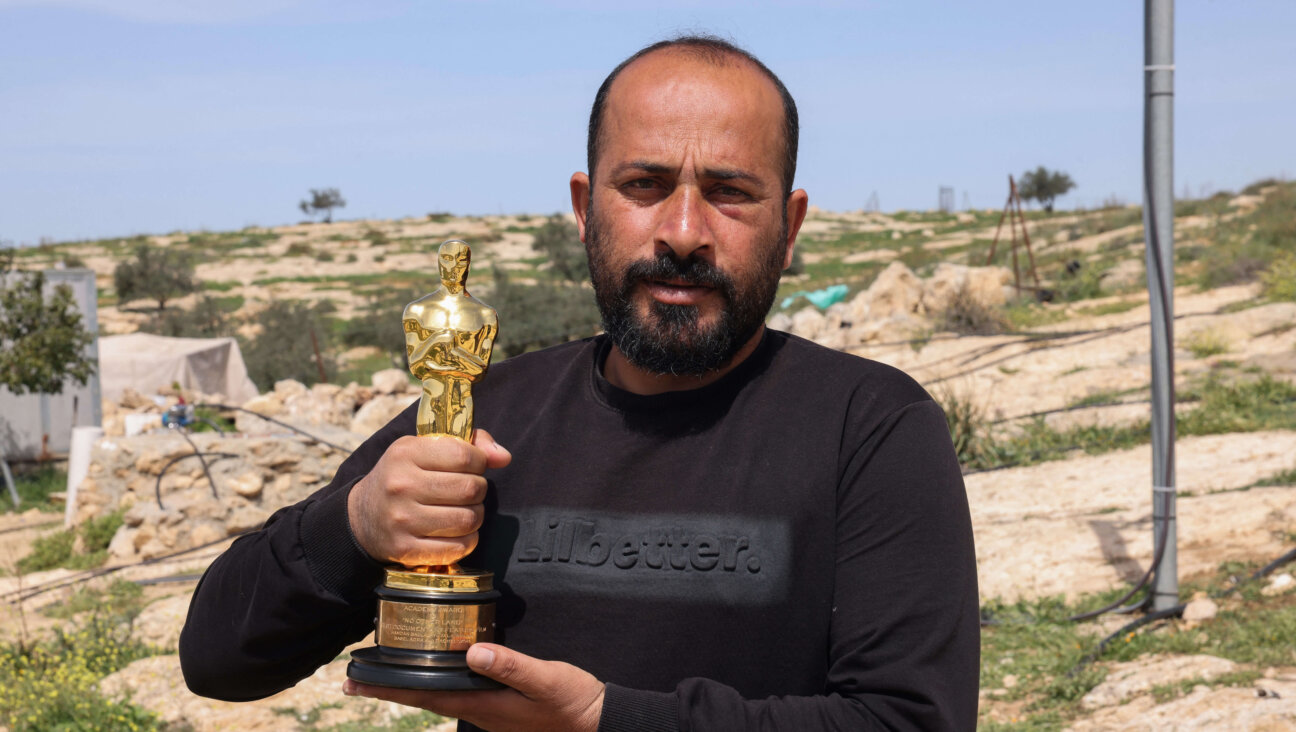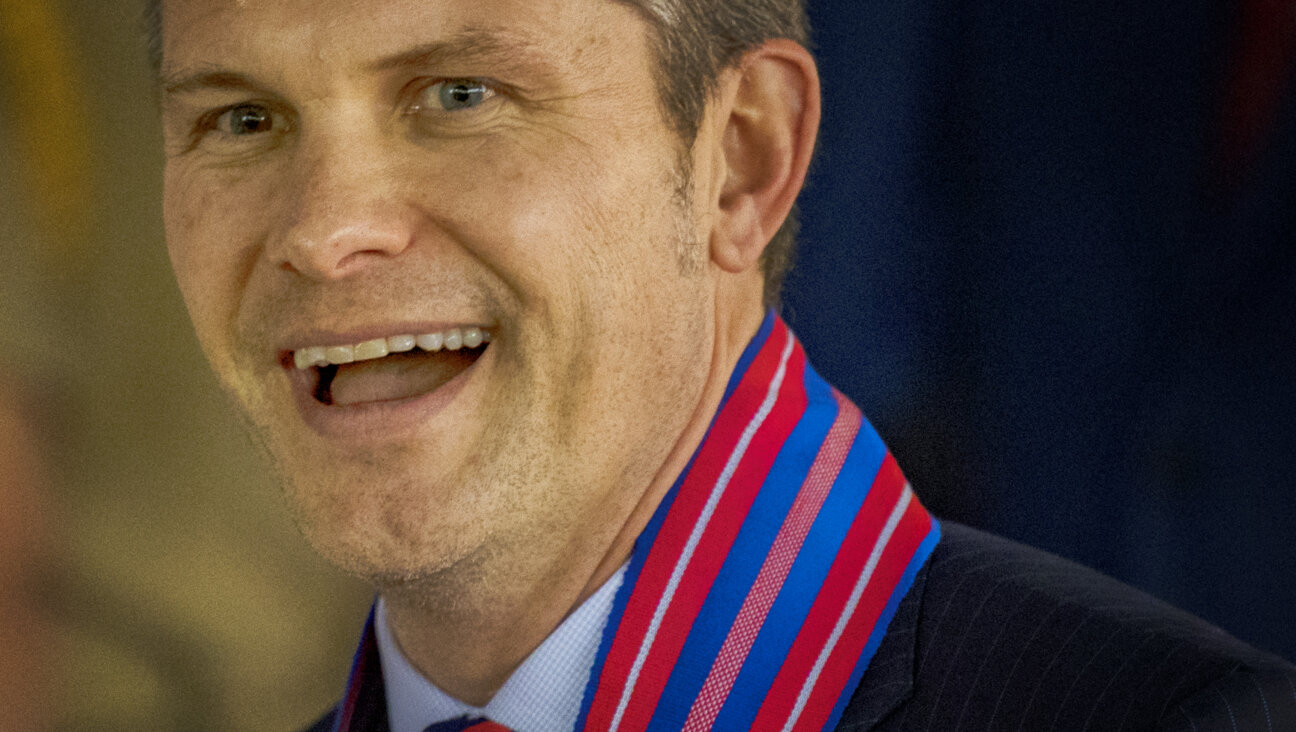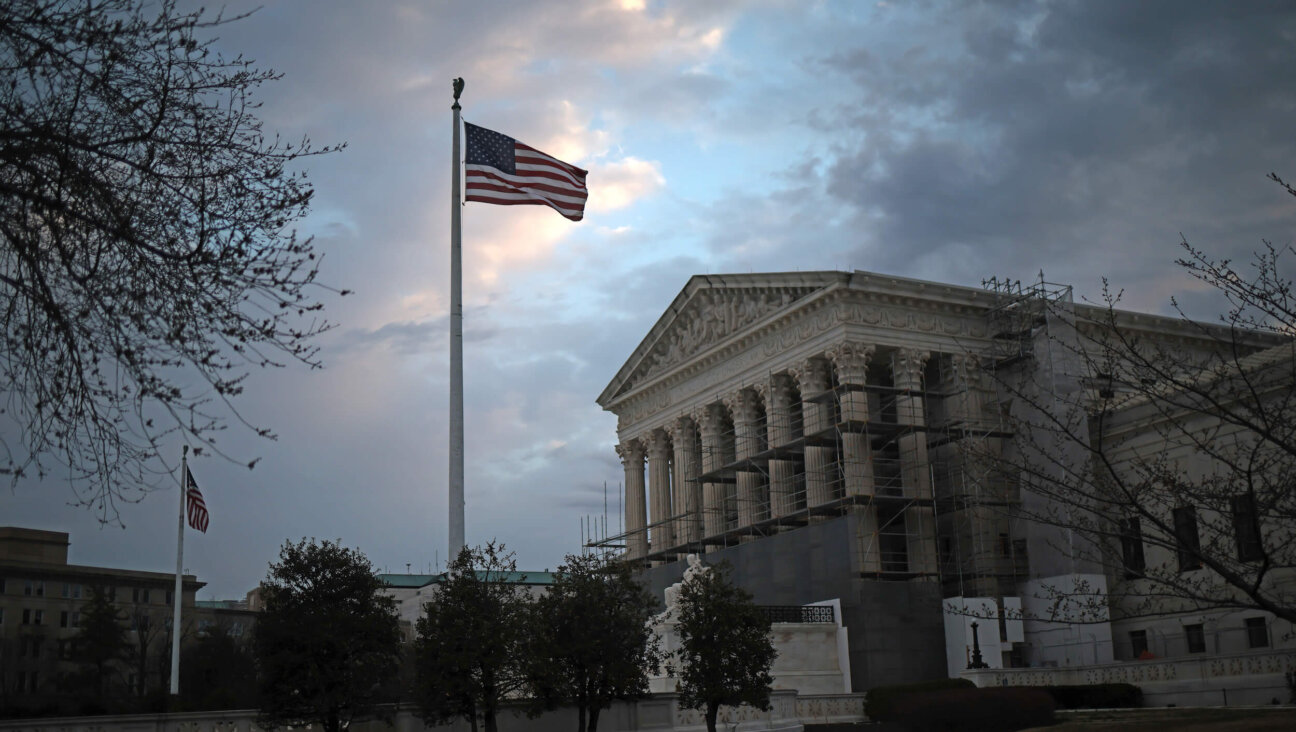Conversion Blues
Israel’s Supreme Rabbinical Court acted cruelly and capriciously when it voted to nullify a woman’s conversion to Judaism this month, 15 years after she took the supposedly irrevocable step of casting her lot with the Jewish people. The court’s decision robbed the woman and her Israeli-born children of a lifetime of loyalties and identities. It cast a shadow over the religious status — and the marriage, divorce and inheritance rights — of hundreds, perhaps thousands of Israelis who were converted under the same procedure as the unfortunate woman. And it almost certainly transgressed the traditional rabbinic ban on questioning or shaming a convert.
On the other hand, the court may have done the rest of Israel a favor by training a spotlight on the untenable role assigned to the religious establishment in Israel’s evolving society and culture.
Israel’s state-sponsored rabbinate and religious bureaucracy, which date back to the days of the Ottoman Empire, were designated by the founders in the state’s early days to be the province of Zionism’s religious wing. Religious Zionism, as a partner in the building of the Jewish state, was to have its own sphere of influence within the new power structure. Through the rabbinate and related bodies, religious Zionists were given the means and opportunity to nurture their vision of the Jewish state as a fulfillment of God’s ancient promise.
In the past generation, however, control of the state religious bureaucracy has somehow passed from Orthodoxy’s Zionist wing to its traditionalist wing, commonly known as Haredi or ultra-Orthodox Judaism. This has some irony: Haredi leaders do not accept the religious Zionist view of the state as a holy vessel, and yet they are now the institutional guardians of the very state sanctity that they reject.
That irony hit home with full force in this month’s Supreme Rabbinical Court ruling, which addressed a single divorce case but expanded into a pointed attack on the core values of religious Zionism itself. And there are signs, in the wake of the ruling, that religious Zionists are finally getting the message — that their home is ultimately with the larger Zionist and Jewish community. That’s the good news, and it’s not a small thing.
In summarily dismissing the religious procedures of the Zionist rabbis who run the state conversion system, the court belittled and insulted those rabbis and the universe of values that they represent, religious Zionism and its American cognate, Modern Orthodoxy. The court’s 50-page written opinion held that the needs of society are not an independent value to be factored into religious decisions. That is a direct assault on one of the core principles of Modern Orthodoxy, namely that religion is to be lived within the rough and tumble of modern society, not tucked away from the world in some precious cloister.
Religious Zionism and Modern Orthodoxy have grown accustomed in the past generation, particularly in Israel, to binding their fate with that of the Haredi community to their right, while distancing themselves from the less observant ranks of Jewish liberalism on their left flank. The ruling on the Ashdod case should serve as a rude reminder to Modern Orthodoxy of how much it shares with the broader Jewish community, in common values and common cause. It should remind them that the Modern in Modern Orthodoxy — the madda of its American wing, the avoda of its Israeli wing — is an essential principle, and one worth clinging to in this complicated world.
Liberal Jews, too, have a lesson to learn from the Ashdod ruling. Just as Modern Orthodox Jews need to remember the values they share with liberal and secular Jews, so liberals need to remind themselves of their fundamental kinship with observant Jews. As observant Jews relearn the modern values that help shape their Judaism, liberals must rediscover the ways in which traditional Jewish values inform their liberalism.
The two communities need each other — their dialogue, their arguments — if they are to grow and thrive as Jews. When they turn their backs on each other, as they have tended to do in recent years, both are lost.
The Forward is free to read, but it isn’t free to produce

I hope you appreciated this article. Before you go, I’d like to ask you to please support the Forward.
At a time when other newsrooms are closing or cutting back, the Forward has removed its paywall and invested additional resources to report on the ground from Israel and around the U.S. on the impact of the war, rising antisemitism and polarized discourse.
Readers like you make it all possible. We’ve started our Passover Fundraising Drive, and we need 1,800 readers like you to step up to support the Forward by April 21. Members of the Forward board are even matching the first 1,000 gifts, up to $70,000.
This is a great time to support independent Jewish journalism, because every dollar goes twice as far.
— Rachel Fishman Feddersen, Publisher and CEO
2X match on all Passover gifts!
Most Popular
- 1

Film & TV What Gal Gadot has said about the Israeli-Palestinian conflict
- 2

News A Jewish Republican and Muslim Democrat are suddenly in a tight race for a special seat in Congress
- 3

Fast Forward The NCAA men’s Final Four has 3 Jewish coaches
- 4

Culture How two Jewish names — Kohen and Mira — are dividing red and blue states
In Case You Missed It
-

Yiddish World Yiddish fans in Berlin launch a Yiddish open mic series
-

Fast Forward Cornell pro-Palestinian student leader opts to leave US, as Columbia ‘self-deportee’ makes her case to return
-

Fast Forward ‘Need a final solution’: Podcast host calls for mass deportation of U.S. Jews
-

Fast Forward Britain’s Tate to return Nazi-looted painting to heirs of Jewish art collector
-
Shop the Forward Store
100% of profits support our journalism
Republish This Story
Please read before republishing
We’re happy to make this story available to republish for free, unless it originated with JTA, Haaretz or another publication (as indicated on the article) and as long as you follow our guidelines.
You must comply with the following:
- Credit the Forward
- Retain our pixel
- Preserve our canonical link in Google search
- Add a noindex tag in Google search
See our full guidelines for more information, and this guide for detail about canonical URLs.
To republish, copy the HTML by clicking on the yellow button to the right; it includes our tracking pixel, all paragraph styles and hyperlinks, the author byline and credit to the Forward. It does not include images; to avoid copyright violations, you must add them manually, following our guidelines. Please email us at [email protected], subject line “republish,” with any questions or to let us know what stories you’re picking up.















